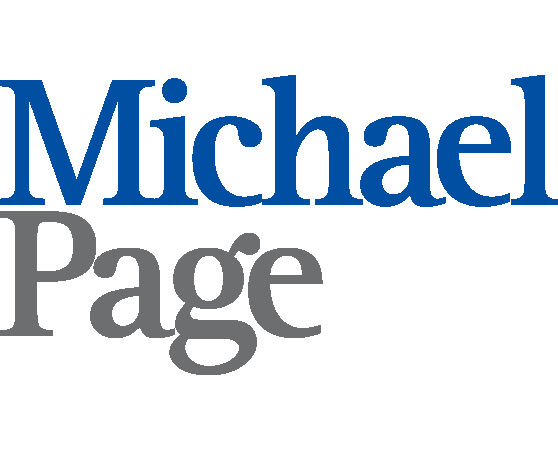This post was originally published on the Michael Page blog. In it, the recruiting specialists at Michael Page share their best tips for dressing appropriately—no matter where you work.
With startup culture becoming increasingly popular thanks in part to their reputation for having a laid-back work environment, many non-startup companies are also opting for a shift towards a more casual atmosphere. For many companies, this is seen most clearly in the dress code. Despite this shift, in many offices, dress codes do still apply. And when they do, you want to respect them. To help, our consultants shared their best advice about dressing appropriately for work—no matter what job you have.
1. For finance jobs, formal is best.
Kyra Cordrey, a Director at Michael Page Finance & Consultancy, works in the finance industry, where it is customary for everyone to dress in business formal attire. The main exception is boutique consultancies, where employees mirror the style of their client base. As a general rule, your best bet is to dress conservatively.
2. For legal teams and law firms, the dress code varies from one company to the next, so do your research first.
You might expect that much of the legal profession adheres to a business-professional dress code. This is an industry norm—especially in top-tier practices. But as David Forsdyke, a Managing Director at Michael Page Legal, explains many legal teams and law firms are now trying to demonstrate a more flexible approach. This is often reflected in the dress code, which is transitioning to business casual, rather than business professional. For in-house legal teams in a creative industry like digital or media, the legal team usually adopts a more casual approach, dressing like the rest of their colleagues.
3. In logistics, your style of dress depends on your role at the company.
Logistics has diverse working environments since these jobs are often based around depots, warehouses and transport offices. It is a hands-on industry, so formal suits and smart attire are unusual. Ben Lyons, an Operating Director at Michael Page Logistics, tells us that even in an industry where formal attire is not the norm, you rarely meet senior-level people who are casually dressed.
4. In creative industries, feel free to show off your personality—but not at the expense of looking unprofessional.
Not every industry subscribes to traditional dress codes. Jobs in the creative sector, such as digital jobs, are much less likely to abide by standard dress codes. Since it’s a creative industry, you have more freedom to wear fashion-forward or colorful pieces. Still, Katie Self, a manager at Page Executive Digital and a specialist in the agency and digital creative sectors, tells us that even in an industry where dress codes are more relaxed, it’s still important to dress to impress.
5. In fashion, channel your company’s brand.
Fashion is another industry where traditional dress codes are almost non-existent. Nicola Wensley, a Director at Page Executive, is a specialist in the fashion sector. She tells us that, more often than not, the internal dress code reflects the company’s product. For example, companies that sell contemporary clothing will be wearing next season’s fashion items to work. In fashion, part of your job can be interacting with PR and attending industry events. Therefore, what you wear is important because it demonstrates that you truly embody the brand, which is especially important if you’re making product and styling decisions.
From finance to fashion, one thing is clear: how you dress for work is important. Whatever you do, wherever you work, your attire can be a significant part of your identity and a key factor in how you are perceived throughout your relationship with a company.
Want to join the dress code (and recruiting) pros at Michael Page?Want to join the dress code (and recruiting) pros at Michael Page? They’re hiring on WayUp now for positions like executive recruiter, recruitment consultant and business development executive.





